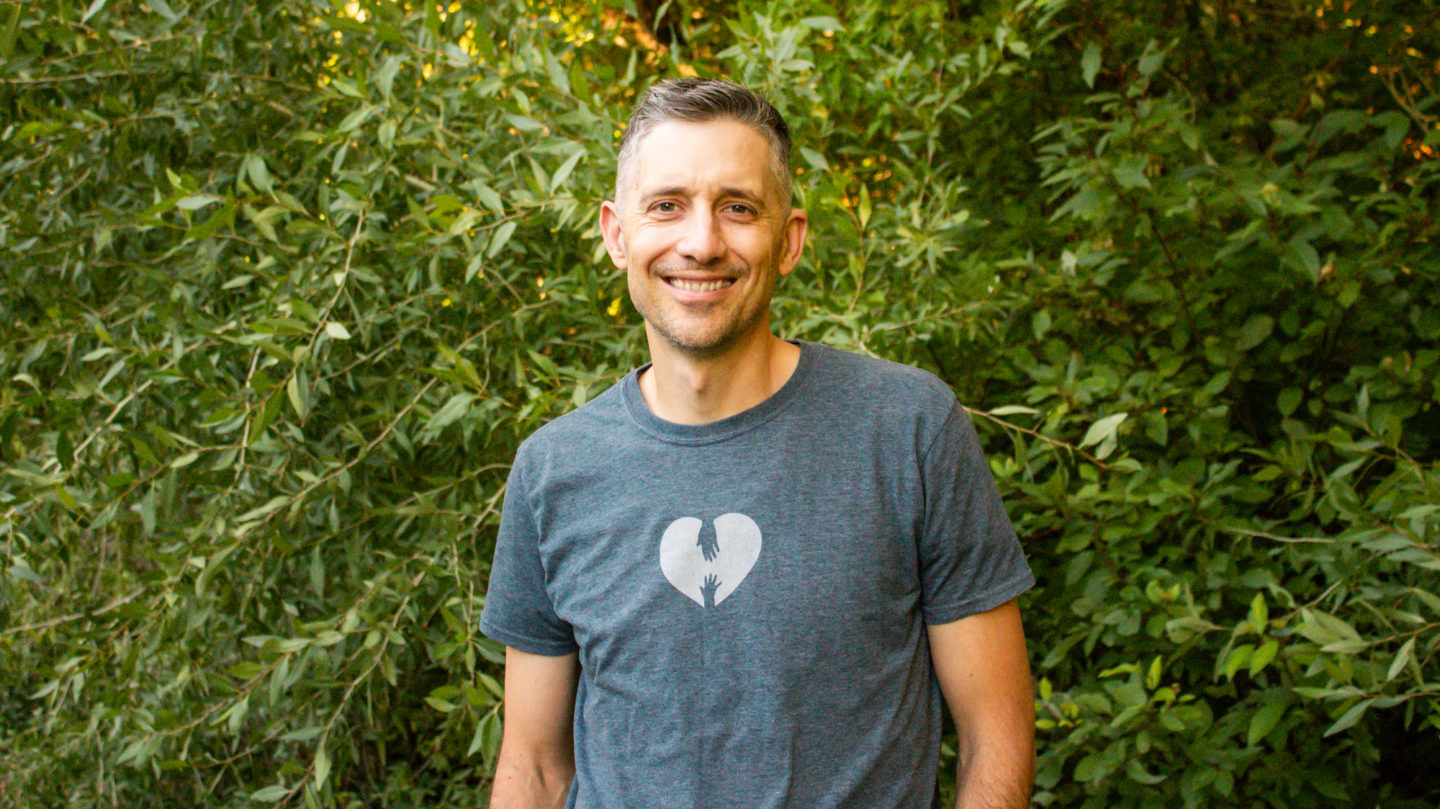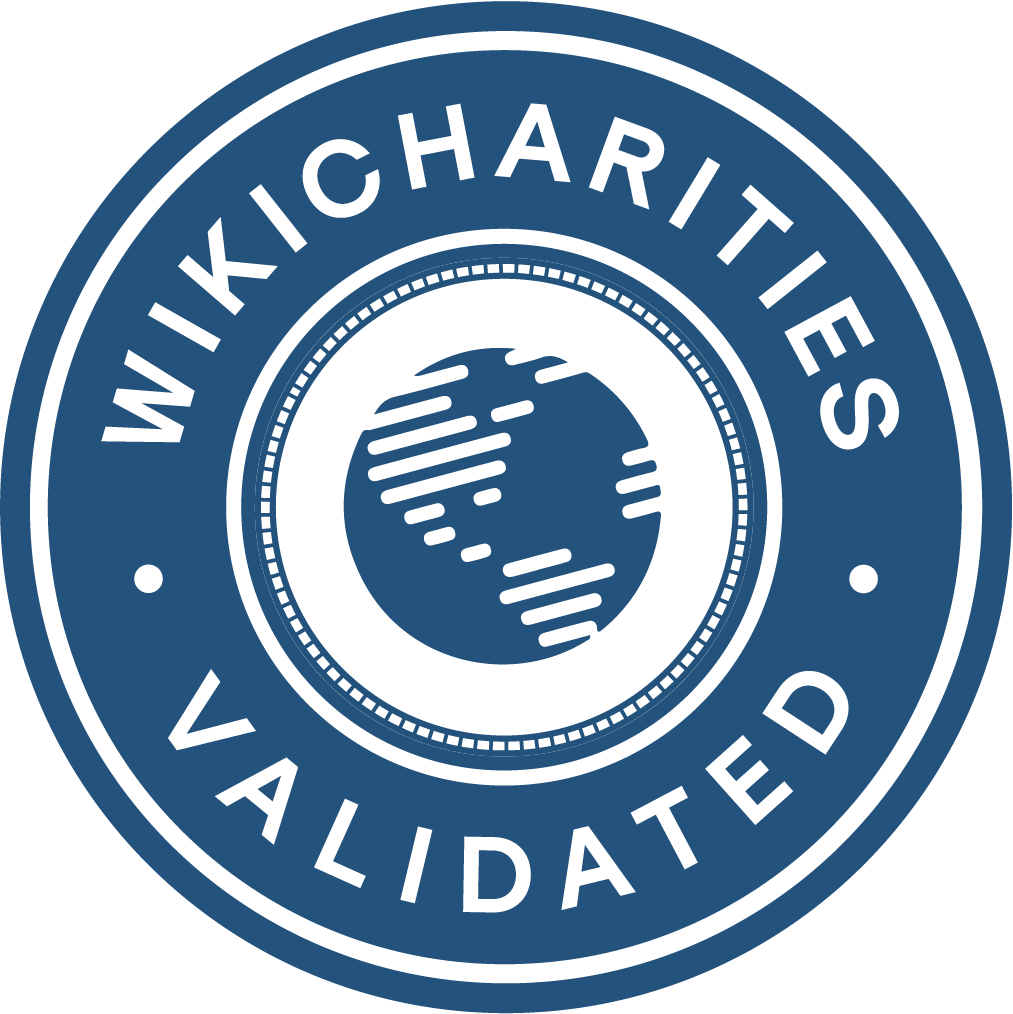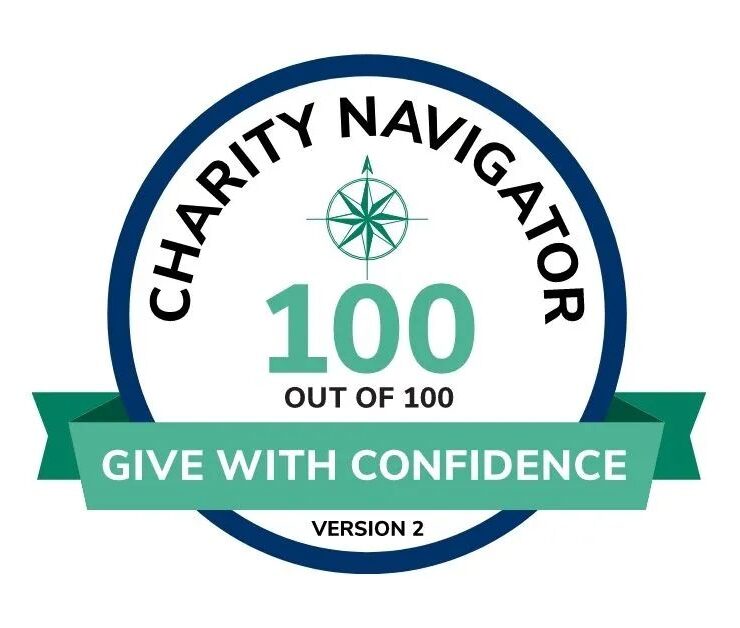Early in February, a few of A Child’s Hope board members and I were able to meet with DIF (Desarrollo Integral de la Familia) officials in Baja California, Mexico. DIF is the government agency over child welfare. This new administration has only been in office for three months, but has already taken significant steps to improve the situation for kids in their custody.
In Baja, the vast majority of kids that enter the orphanages come from families who have neglected or abused them. DIF gains custody of children after police find runaways or respond appropriately to calls by concerned neighbors. These kids are taken to a temporary shelter (called Albergues Temporales) where they are processed by social workers and the legal system. While the process is meant to be temporary, it often takes months or years to place children in more permanent circumstances. Often, children are sent to live with relatives. Sometimes they go back to their parents. A very small number go to foster parents in Baja. However, when being with parents is dangerous, and relatives won’t take them, the kids need a different solution. That is when DIF reaches out to see which of the 98 private orphanages in Baja, most of which have fewer than 20 kids each, have space to receive these children. Unfortunately, the Mexican government doesn’t provide any funding to foster parents or to orphanages. Consequently, there aren’t enough orphanages with capacity to meet the need, and the temporary shelters are vastly overcrowded.
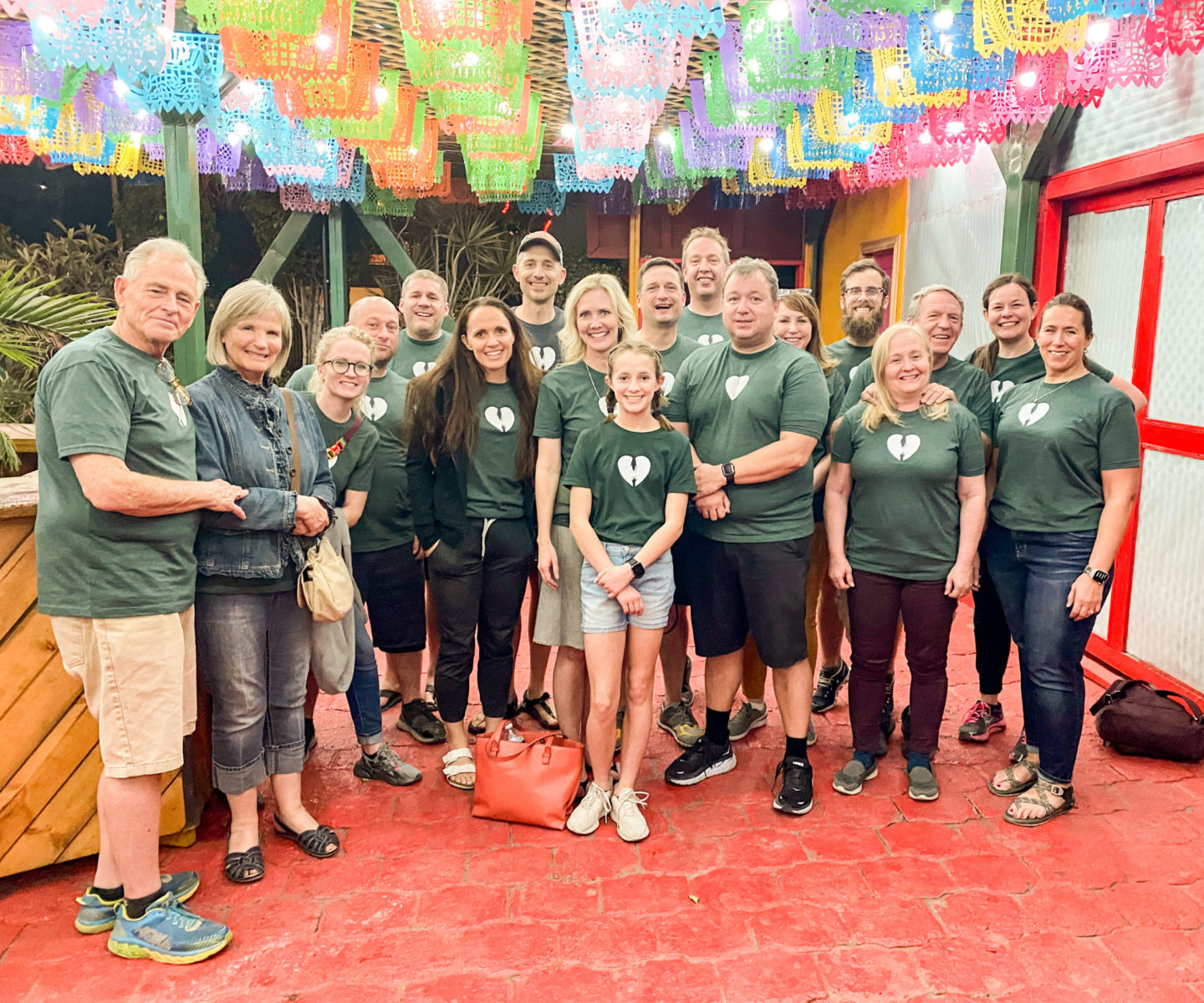
I visited one of these shelters, Tijuana’s Albergue Temporal, back in 2008. The place was dirty, crowded, and understaffed. There were 38 babies in cribs being taken care of by only two caregivers. Many babies were crying, and the stressed-out caregivers asked us not to hold them because they would then cry to be held even more when we were gone. The walls and controls that were in place to prevent runaways (which were not always successful) gave the whole place a prison-like feeling.
When a few of us visited this same shelter as part of our board member trip in February 2022, I was pleasantly surprised at the changes. The facility was clean, the children were engaging and cheerful, and I saw genuine tenderness flowing all ways between the kids, their caregivers, and DIF officials. It was especially heartwarming to see this with their children who are on the autism spectrum. That a place like this could change so much gave me faith in humanity again!
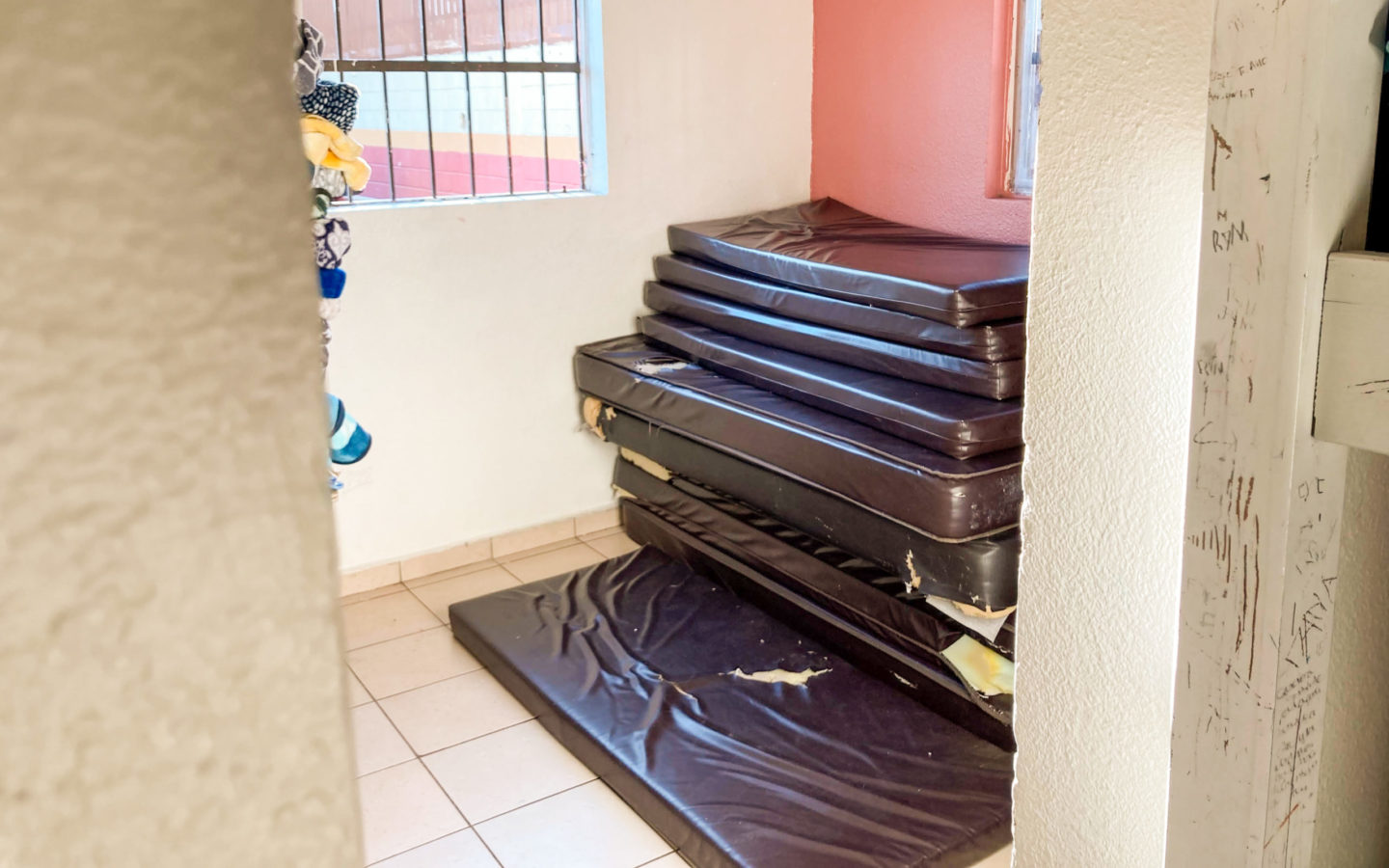
The temporary shelter in Tijuana is designed to provide accommodations for 150 children, but they currently house 250 there. Monica is determined to improve the already-difficult lives of these children. Because many children are in the temporary shelter for months on end, Monica committed to getting a bed for each child. Within a few weeks of starting her new job, she had approached Mexico’s federal government with a grant proposal to build an additional building on their existing property. This building will have dorm space for another 50 children and it was encouraging to see the construction already underway during our visit. We also toured a former government day care center in Ensenada that Monica is remodeling to house another 45 children. This additional facility will save their social workers significant time, reducing their need to travel to Tijuana to process the children’s paperwork. Both new facilities should be opening by summer.
After touring the shelter, we had dinner with the DIF officials, including Monica, who, near the end of 2021, became the new director of DIF for the State of Baja California. Nicole, one of A Child’s Hope’s board members, asked Monica what had been the biggest surprise when she stepped into her new position. Monica said that she was shocked at the conditions of the government shelters. They were understaffed, under-resourced, and many of the children slept on mats on the floor because there was no room for more beds.
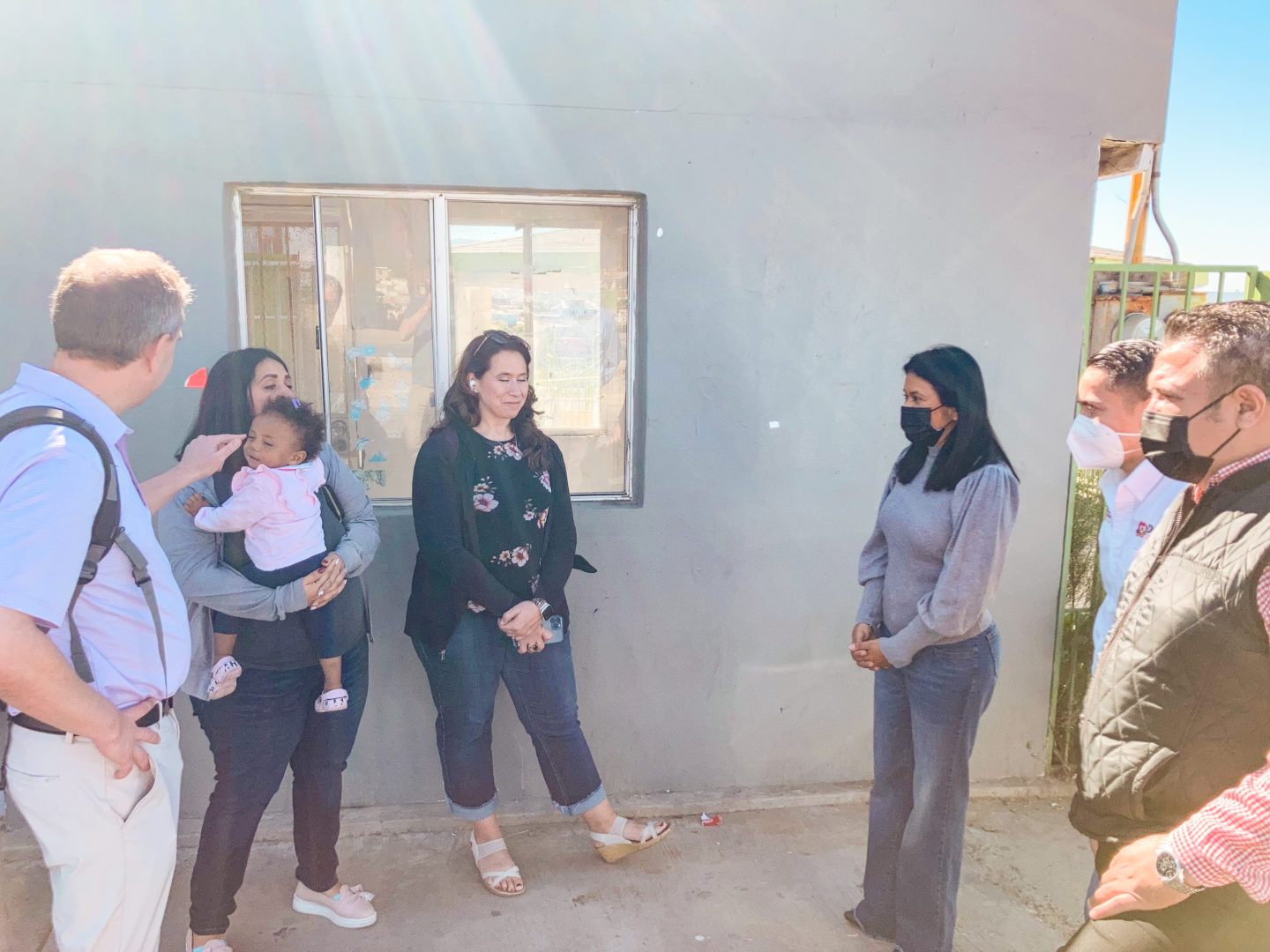
Baja’s DIF has already accomplished so much in such a short period of time to help the kids in their system. In addition to expanding facilities, they got an initiative passed into law last month that makes orphanages exempt from paying water utilities, a huge financial help to all of them!
A Child’s Hope has some great opportunities to support the positive changes DIF wants to make for their orphans. While DIF has big plans and needs, they never once asked us for funds to support their efforts. Rather, they want our knowledge and network resources. They know about our years of experience improving orphanage facilities, and are interested in the training we are building for orphanage leaders, which could overlap in supporting DIF’s caregivers, social workers, and therapists.
There are other ways we can support their efforts, too. For example, we are helping them find a better way to track their paperwork. Currently, Baja DIF uses Google Drive to manage all the documents associated with their 3,000 kids, which is terribly inefficient and full of potential data loss issues. We connected them with one of our partners, Both Ends Believing, which provides a software platform for governments to track and process children. This software is already used in many countries and costs only $1 per year. Members of DIF are testing the software toward a formal evaluation of how well it works for them.
In addition to the logistics of running facilities and programs, we are talking with DIF on the state and municipal levels about helping kids heal from trauma. Suraya, a former DIF therapist who now works with our CAP Partner, Espere, estimated that 80% of the 3,000 kids in the Baja system have been exposed to sexual abuse. A Child’s Hope began funding therapists at a few orphanages in 2020 to begin addressing this problem. With DIF on board, we hope to make a bigger and better impact very quickly.
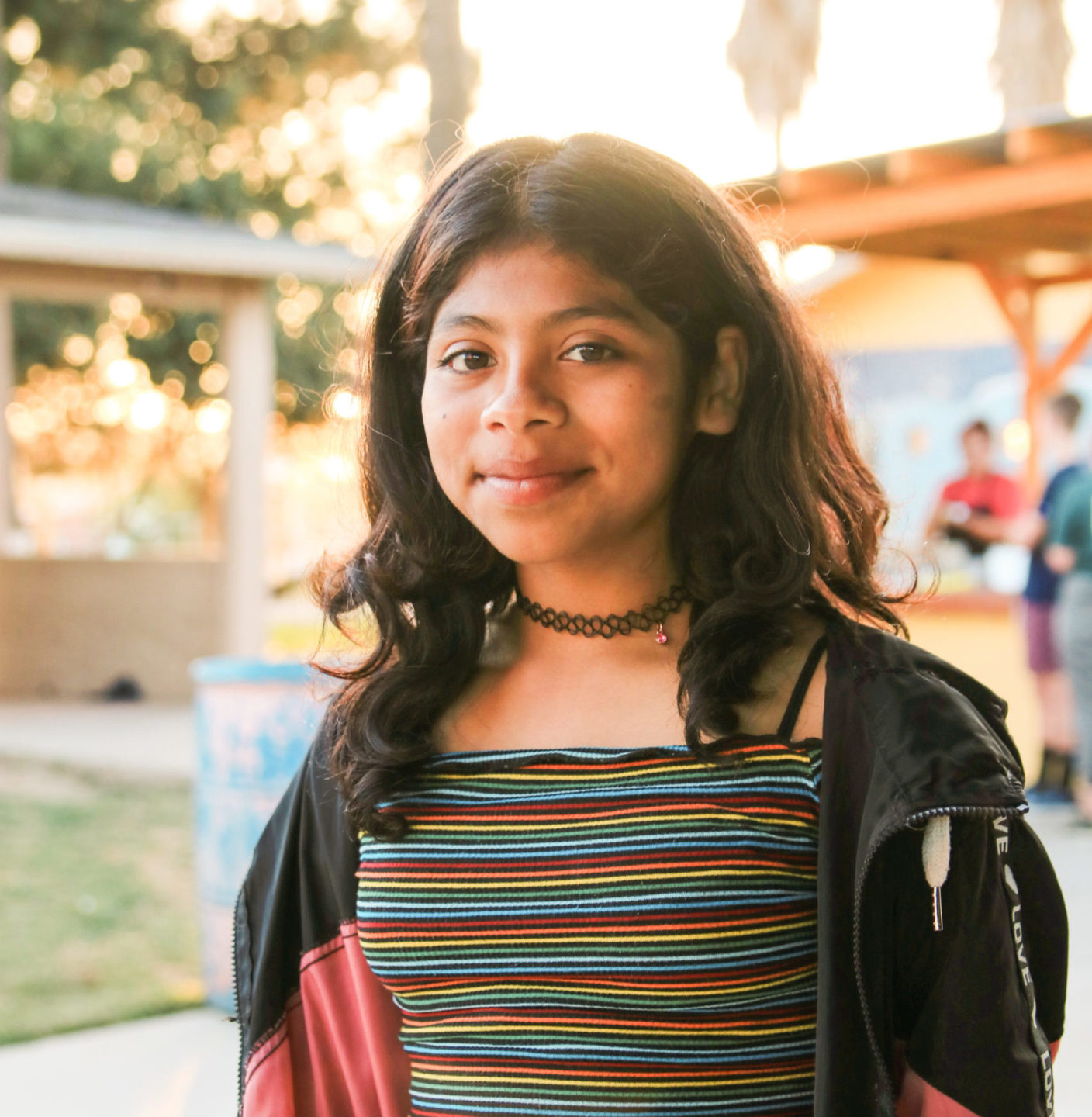
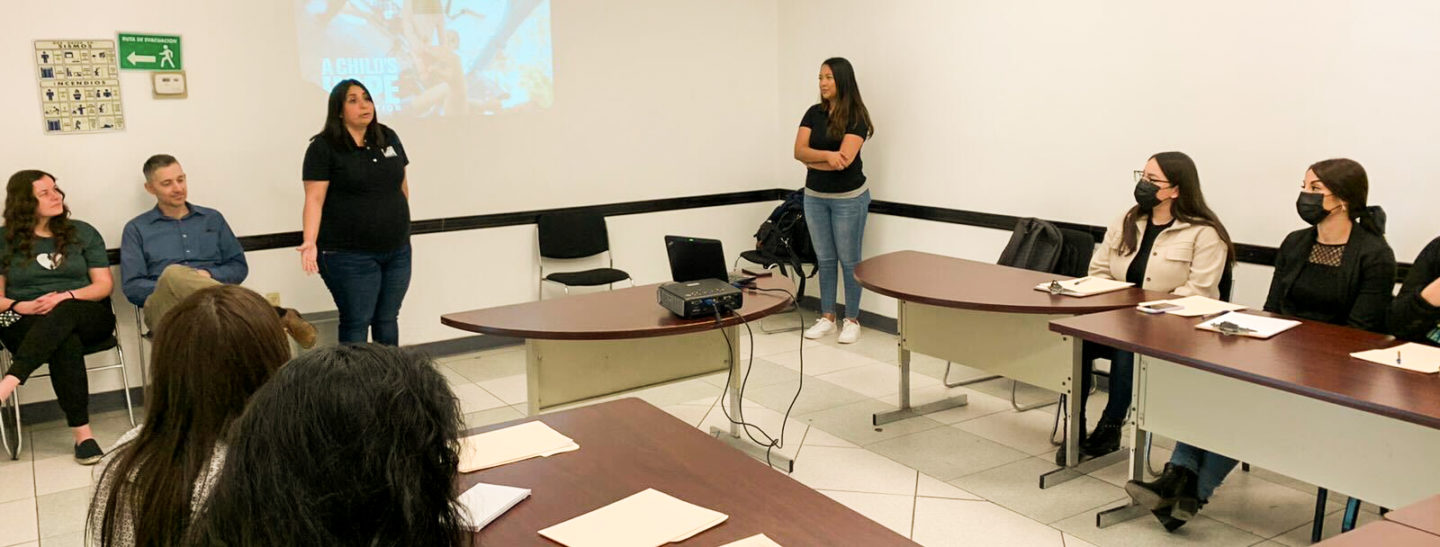
The second week of March, two of our Mexico Regional Team members, Erendira and Valery, met with 12 DIF staff members of the Ensenada municipality to share what A Child’s Hope is doing for orphanages, and to discuss a working relationship. We also anticipate working with DIF on a state-wide training for their staff as well as orphanage leaders about how to provide trauma-informed care to children.
There are many additional opportunities we have to leverage our influence and connections to benefit the kids of Baja, but we still have a long way to go with this relationship. I will be traveling to Baja every few months to meet with government officials and our regional staff there to ensure this wonderful new relationship continues to get priority treatment.
We are excited to see that what we do is WORKING and is catching on! It’s all possible because of your generosity. Whether you donate financially or with your time and talent, you are the reason these kids are being nurtured. Thank you!
